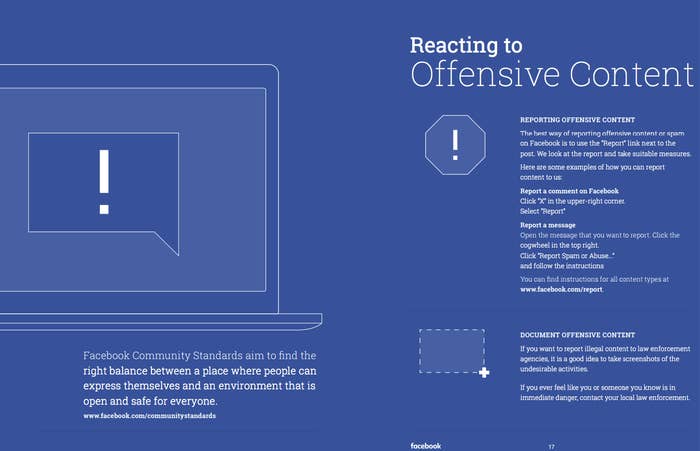
Facebook today announced it will set up an email hotline for Canadian politicians who get hacked, help educate the public about online misinformation, and bring more transparency to political ads on its platform.
The measures are part of the Canadian Election Integrity Initiative the company unveiled today in Ottawa. This new effort by the social network is aimed at ensuring Canada's future elections won't experience the kind of spike in fake news and foreign interference that plagued the 2016 US election.
The announcement comes after Facebook recently handed over more than 3,000 ads that were purchased on its platform by a Russian troll factory during and after the US election. The company is also now being asked to look at whether Russians meddled in the Brexit vote.
Kevin Chan, the head of public policy for Facebook Canada, said the company will change how political advertising works on its platform. "We believe that when you see an ad on Facebook, you should know not only who ran that ad but what other ads they're running, even if those ads aren't directed to you," Chan said during the announcement.
A portion of the ads bought by the Russians were so-called "dark post ads." These ads are visible to people who have been targeted with the message, but they don't appear on the timeline of the Facebook page that purchased them.
Chan did not say when the new ad features would launch. CEO Mark Zuckerberg said last month that they will be rolled out in the "coming months."
During a panel that followed the announcement, Canada’s Minister of Democratic Institutions Karina Gould said the public must know where political advertisements come from. "We have to make sure that's translated to social media," she said.
Facebook said the initiative in Canada is in response to a report on election cyber threats by the Communications Security Establishment, Canada's foreign intelligence agency. "We expect that multiple hacktivist groups will very likely deploy cyber capabilities in an attempt to influence the democratic process during the 2019 federal election," the CSE report said.
CSE spokesperson Ryan Foreman told BuzzFeed News the organization hasn't yet worked with any social media companies, but they would be happy to. "We are open to, as far as our mandate allows, sharing our assessments, advice and guidance with as many democratic process stakeholders as possible," Foreman said.
As part of the initiative, Facebook Canada announced a partnership with media literacy centre MediaSmarts. The two-year project called Reality Check will teach Canadians to spot misinformation online through public service announcements, videos, games, and lesson plans. Facebook also released a "Cyber Hygiene Guide" that advises politicians on how to combat potential threats like phishing scams and offensive content.

The announcement of the Canadian Election Integrity Initiative was originally supposed to take place on Sept. 20, in Toronto, but it was postponed "due to logistics issues," according to a spokesperson. The company's advertising practices came under scrutiny earlier that month after the Russia revelations.
Facebook is not the only tech giant to launch a media literacy initiative in Canada. In September, Google Canada announced a $500,000 grant to the Canadian Journalism Foundation and youth civic engagement organization CIVIX to develop an anti-misinformation program.
